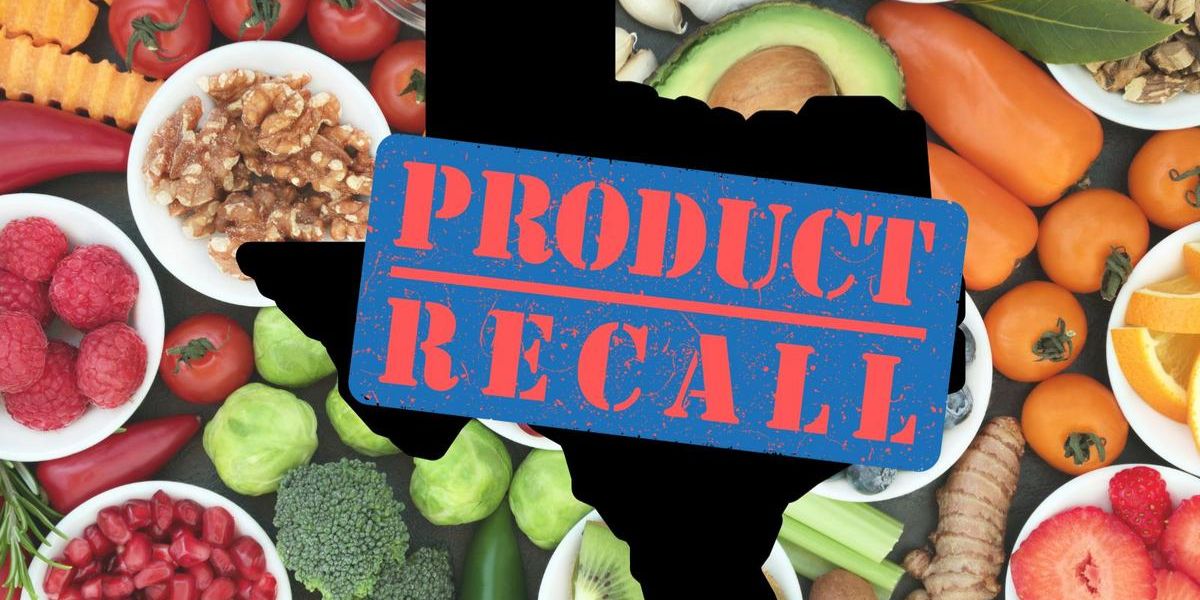A salmonella outbreak linked to cucumbers from Florida turned out to be more widespread than first thought, affecting 449 people across 31 states and Washington, D.C., according to recent updates from public health officials. The Centers for Disease Control and Prevention (CDC) originally detected the outbreak in the spring, and what seemed to be two separate infections were later identified as being connected.
As of July 2, at least 125 people were hospitalized due to the outbreak. However, the CDC believes the actual number of those infected is likely higher than what was initially reported. Despite the widespread nature of the outbreak, the CDC has confirmed that the situation is now under control. The agency reported that the last known illness began on June 4 and that no more contaminated cucumbers are currently being sold. “There is no product from these farms on the market and likely no ongoing risk to the public,” the CDC stated.
Although this particular outbreak appears to be over, it’s important to stay informed about salmonella and how to protect yourself from it. Salmonella is a bacteria that typically causes illness when people eat contaminated food. Common symptoms include stomach cramps, diarrhea, and fever, which usually start six hours to six days after being exposed to the bacteria. While most people recover without needing medical treatment, severe cases can require hospitalization, especially for young children, older adults, and those with weakened immune systems.
The outbreak has highlighted the need for proper food safety practices. It’s essential to wash fresh produce thoroughly under running water, even if you plan to peel it. Additionally, keeping kitchen surfaces and utensils clean can help prevent cross-contamination. When buying cucumbers, be sure to select ones that are firm and free from bruises or damage, and always store them in the refrigerator.
Also Read:
- Rocket Fuel Chemical Perchlorate Detected in Kids’ Food: How Federal and State Regulations Lag Behind
- National Farmers Market Week Shines a Light on Community Markets
Although the cucumbers tied to this specific outbreak are no longer on the market, being cautious and practicing good hygiene when handling food can minimize the risk of future infections. Even though the CDC’s investigation into this outbreak is largely complete, it’s always wise to stay aware of potential food safety alerts, especially if you’re buying fresh produce.




